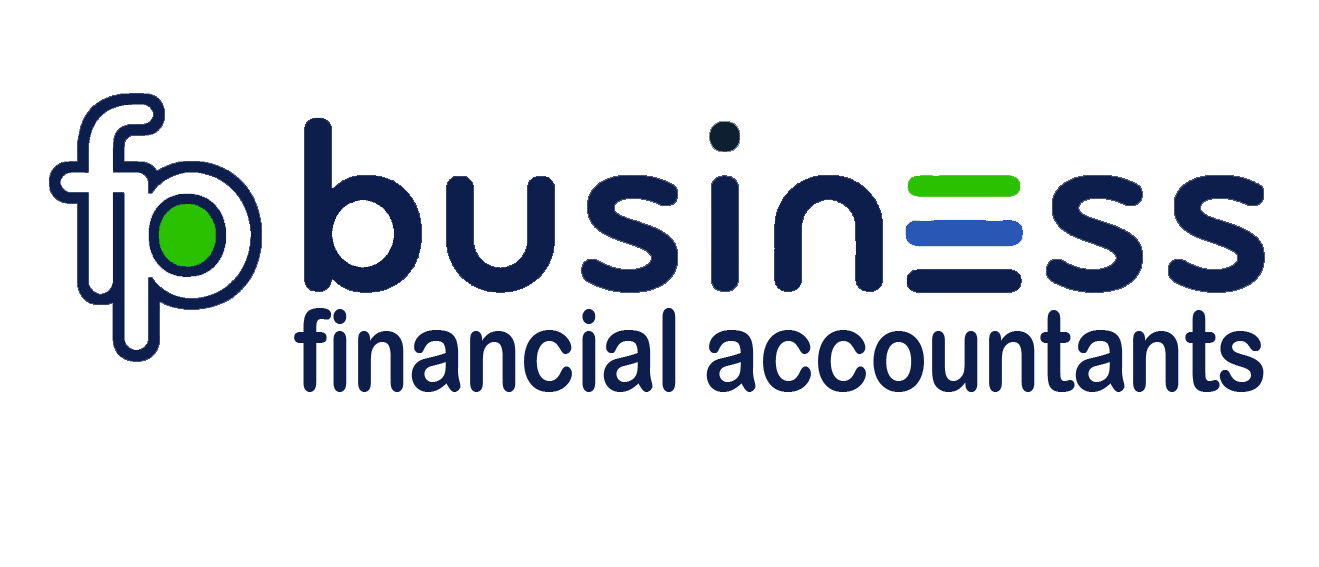
Spring budget tax update
Attack on self-employed in budget
In his first Budget on 8th March the new Chancellor Phillip Hammond announced that he would level the playing field between employees and the self-employed by increasing Class 4 National Insurance Contributions (NICs) from 9% to 10% from 6 April 2018 and then to 11% from 6 April 2019.
His justification is that the self-employed are now entitled to more generous state benefits than in the past and thus NIC rate should be increased towards the 12% Class 1 NIC employee rate. Note that the flat rate Class 2 NIC contributions, currently £2.80 a week, will cease on 5 April 2018.
The chancellor stated that only the self-employed with profits in excess of £16,250 will pay more national insurance.
Tax fee dividend allowance to be reduced to £2000
The Chancellor also announced measures to limit the rise in tax-driven incorporation. The £5,000 tax free dividend allowance introduced by George Osborne will be reduced to just £2,000 from 6 April 2018. Mr Hammond claimed that many smaller owner-managed businesses have incorporated as limited companies mainly for tax reasons. Typically the director/shareholders of such businesses have paid themselves in dividends and paid less tax than similar unincorporated businesses.
Currently, once the dividend allowance has been used the remaining dividends are taxed at 7.5%, 32.5% and then 38.1% depending upon whether the dividends fall into the basic rate band, higher rate band or the additional rate. There are rumours that these dividend rates may also be increased in future years.
Although the cut in the tax-free dividend allowance is clearly aimed at owner managed companies, it will also impact on those with substantial share portfolios. Mr Hammond reminded us in his speech that the annual ISA investment limit increases to £20,000 from 6 April 2017 and that dividends on shares held within an ISA continue to be tax free
Start of digital reporting delayed for smaller businesses
The Government is committed to the “Making Tax Digital” (MTD) project which is scheduled to start in April 2018 with the first quarterly updates being submitted by the self-employed and property landlords in July 2018.
Many business owners, professional advisors and the
Treasury select committee had expressed concerns about the timescale for the introduction of MTD. The Chancellor announced that there will be a one year deferral in the start date to 2019 for self-employed businesses and property landlords with gross income below the VAT registration limit.
Changing your accounting date can also delay the start of digital reporting
Another way of delaying the start of Making Tax Digital (MTD) would be to change the year end of your business. The legislation in the latest Finance Bill specifies that MTD will apply to accounting periods commencing on or after 6 April 2018.
This means that if you currently prepare accounts to 30 April then the first quarterly update to be submitted to HMRC will be for the period to 31 July 2018. However, if you changed the accounting date of your business to 31 March then the first quarterly update would be for the period from 1 April to 30 June 2019.
Contact us to discuss the full tax implications of such an action.
Corporate tax measures
The Chancellor announced that the Government is committed to continue to have the lowest corporate tax rate of the G20 major trading nations. As already announced the corporation tax rate reduces to 19% from1 April 2017 and then to 17% from 1 April 2020.
The corporation tax rate for small and medium sized companies trading in Northern Ireland will be reduced so that such companies can compete with those in the Republic where the rate is 12.5%.
The Government is also keen to continue to encourage investment in research and development (R&D) and the Chancellor announced that the R&D tax credit claim procedure would be simplified.
Tax free childcare scheme starts April 2017
The chancellor also announced that the new tax-free childcare scheme is due to start in 2017.
The scheme will provide up to £2,000 a year in childcare support for each child under 12 where the parents save in a special account. If they save £8,000 the government will top up the account with 20% to a total of £10,000 which can then be used to pay for childcare costs.
Business rates relief for small businesses
There has been much lobbying from the small business sector to reduce business rates. The Chancellor stated that 600,000 small businesses currently benefit from small business rates relief.
He also announced that no small business that is coming out of small business rates relief will pay more than £600 more in business rates this year than they did in 2016/17.
In order to support the licenced trade from April 2017, pubs with a rateable value up to £100,000 will be able to claim a £1,000 business rates discount for one year.
Advisory fuel rate for company cars
These are the suggested reimbursement rates for employees’ private mileage using their company car from 1 March 2017.
Engine Size
1400cc or less
1600cc or less
1401 to 2000cc
1601 to 2000cc
Over 2000cc
Petrol
11p
–
14p
–
22p (21p)
Diesel
–
9p
–
11p
13p
LPG
7p
–
9p
–
14p
You can continue to use the previous rates for up to 1 month from the date the new rates apply.
New VAT limits
As mentioned earlier, the VAT registration limit increases by £2,000 to £85,000 from 1 April 2017. At the same time the de-registration limit increases to £83,000.
Diary of main tax events
April/May 2017
01/04
Corporation tax for year to 30/06/2016
06/04
2017/18 tax year begins
19/04
Final RTI FPS due by this date. Indicate that this is Final Submission for the Tax Year
19/04
PAYE & NIC deductions, and CIS return and tax, for month to 5/04/17 (due 22/04 if you pay electronically)
01/05
Corporation tax for year to 31/07/16
19/05
PAYE & NIC deductions, and CIS return and tax, for month to 5/5/17 (due 22/05 if you pay electronically)

